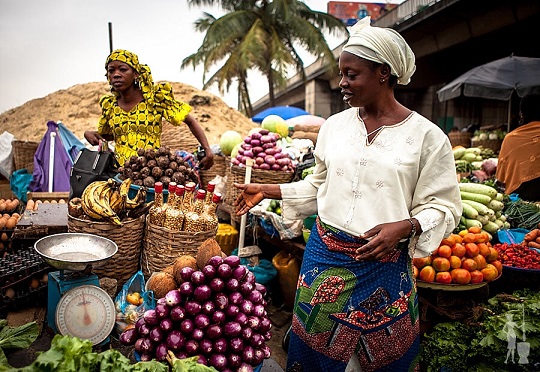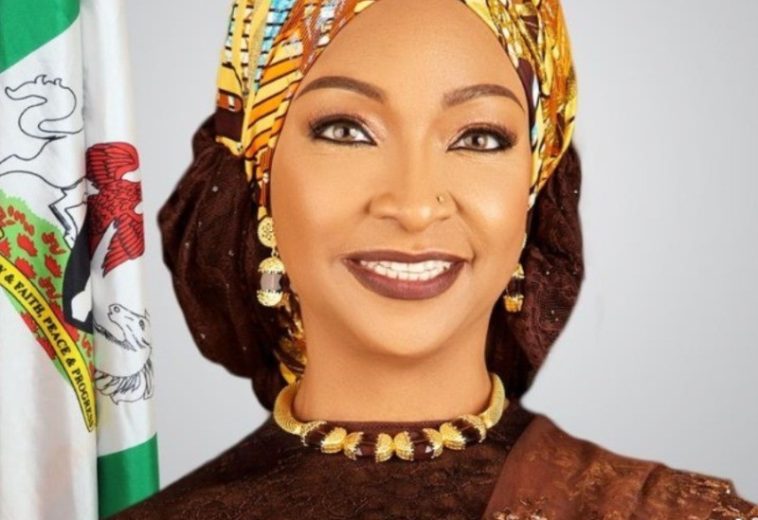Liberia has witnessed promising developments that suggest a new era may be dawning for justice in the West African nation. Emerging from a painful history marred by civil wars and social unrest, the pursuit of justice has long been a challenging endeavor for Liberia. However, various factors now offer a glimmer of hope for a more just and equitable society.
One significant stride towards justice is the establishment and functioning of the war crimes court in Liberia. The court represents a crucial step in addressing the atrocities committed during the civil wars that ravaged the country between 1989 and 2003. Its mandate is to hold accountable those responsible for war crimes, crimes against humanity, and gross violations of human rights. This initiative is a testament to the commitment of the Liberian government and the international community to ensure that perpetrators are brought to justice.
Joseph Boakai officially became Liberia’s president on November 20, succeeding George Weah. Boakai’s presidency sparks divided opinions. Some hope he will fulfill wartime accountability promises, while others fear his ties to powerful warlord Prince Johnson may hinder progress. Furthermore, efforts to strengthen the rule of law and enhance the judicial system have been evident in recent legal reforms. Liberia has taken steps to address corruption within its legal institutions, working towards a more transparent and accountable judiciary. The government’s commitment to these reforms signals a recognition of the importance of a fair and impartial legal system in fostering a just society.
Boakai’s election is seen by some as a homeland solution, given his lifelong residence in Liberia. Optimists believe he may address TRC-related pushback. Boakai, from the county with the highest number of massacre sites, carries a unique perspective shaped by personal experiences during the Civil War. However, doubts linger about Boakai’s commitment to justice and accountability as president. His past calls for justice may face challenges, and concerns arise due to his association with Prince Johnson, a key figure in post-war politics.
Civil society and grassroots movements have played a pivotal role in advocating for justice and accountability. Liberian citizens, empowered by increased access to information and communication channels, have been vocal in demanding justice for past crimes. Their collective voice has contributed to the momentum for change, pushing the government to prioritize the establishment of mechanisms that address historical injustices.
Boakai’s election is seen by some as a homeland solution, given his lifelong residence in Liberia. Optimists believe he may address TRC-related pushback. Boakai, from the county with the highest number of massacre sites, carries a unique perspective shaped by personal experiences during the Civil War. However, doubts linger about Boakai’s commitment to justice and accountability as president. His past calls for justice may face challenges, and concerns arise due to his association with Prince Johnson, a key figure in post-war politics. International support has also played a crucial role in bolstering Liberia’s quest for justice. The assistance of the international community in terms of expertise, funding, and diplomatic pressure has helped create an environment conducive to the establishment and functioning of the war crimes court. Collaborative efforts between Liberia and its international partners underscore a shared commitment to upholding human rights and ensuring accountability for past wrongs.
While these positive developments offer hope for justice in Liberia, challenges remain. The road ahead is fraught with obstacles, including political resistance, resource constraints, and the need for societal healing. The delicate balance between justice and reconciliation must be navigated with care to avoid further division within the nation. Liberia’s hopes for justice under Boakai’s presidency are tempered by uncertainties surrounding his alliances, health, and the specter of influential figures like Prince Johnson. The nation faces a delicate balance between addressing its painful past and navigating present challenges.


